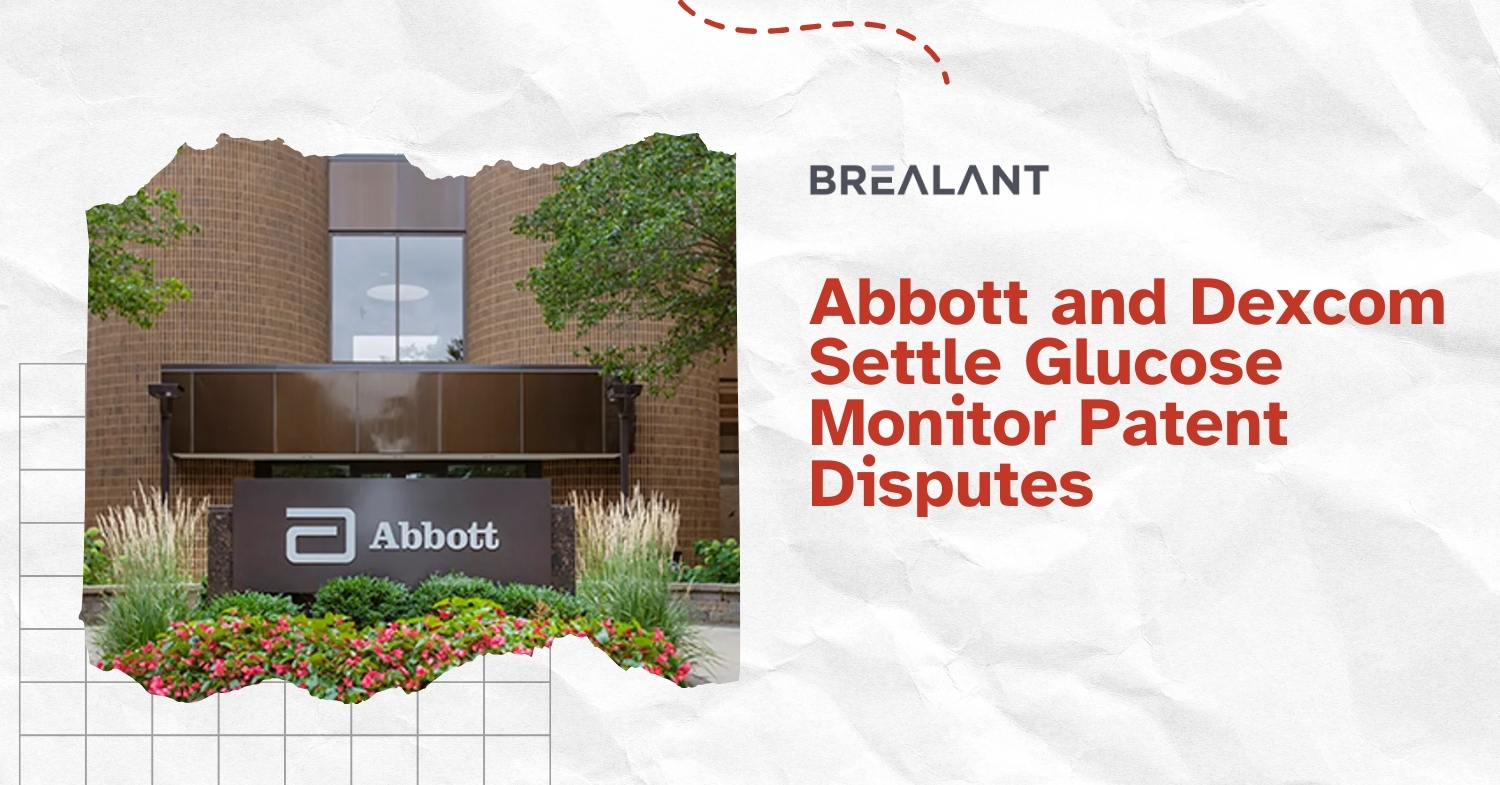Proven Legal Expertise for Patent Law Matters
With a multi-faceted R&D team of professionals and lawyers, the Intellectual Property practice vertical in Brealant is equipped to provide comprehensive services to clients.
View services
Utility Model
A “minor invention”6 – 12 months for approva An improvement on existing patent(s) Pros: Fast, low cost, easily approved Cons: Only 7 years of protection
Invention Patent
An invention including the “inventive step” 2 – 3 years period to approval Pros: For all types of products, valid 20 years, no prior art required Cons: More expensive, slow, annual fees
Industrial Design
Registration of a design6 – 12 months period to approval Pros: Great to protect a product design from copying Cons: Only a small design change can allow someone to copy
Patent registration in the Philippines
Brealant team is made up of experts in their respective technical fields who have also had exposure to patent law in several jurisdictions. The team has a combined expertise of almost 7 years in patents. With this team structure, an innovation in a certain domain is handled by one or more of our patent attorneys who are experts in that domain, assuring a quality-based approach.
Active Projects
Expert Team
Satisfied Clients

No matter what kind of patent you need in Philippines, Brealant has got your assets covered. 1, 2, 3…
.svg)
Easy Process
.svg)
Economical Prices
.svg)
Great Results!

Comprehensive Patent Service
A comprehensive patent search is a term used for an exhaustive search. This is very useful when applying for patent

Global Patent
A comprehensive patent search is a term used for an exhaustive search. This is very useful when applying for patent

Office Action Responses
A comprehensive patent search is a term used for an exhaustive search. This is very useful when applying for patent
Meet the team that makes it all happen

Amelyn U.

Eduardo L.

Lei G.

Jassfer N.

Diana C.

Angelica L.

Our Clients Says
Brealant guided us seamlessly through the entire IP process, from search to registration. Their expertise and responsiveness gave us complete confidence
Since 2010

2400+
Clients

$11m+
Revenue

16000+
Trademarks

1500+
Patents

42+
Team








.avif)








.avif)




.avif)